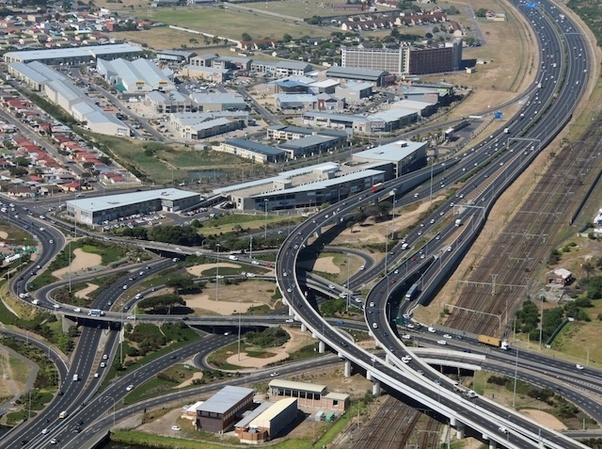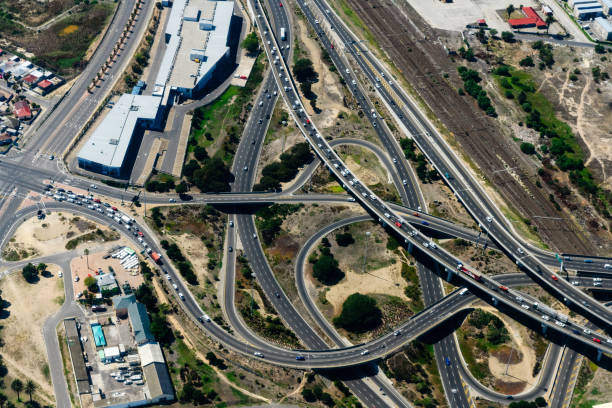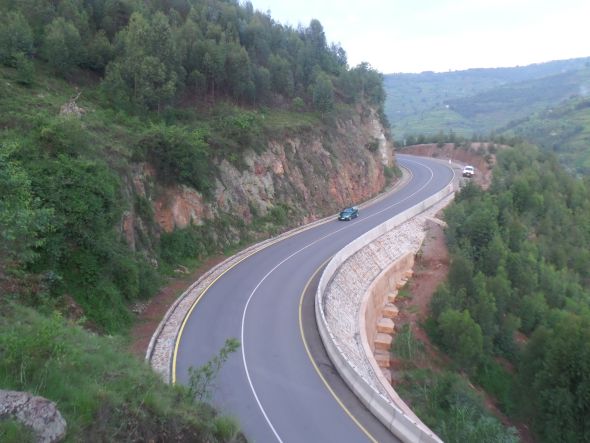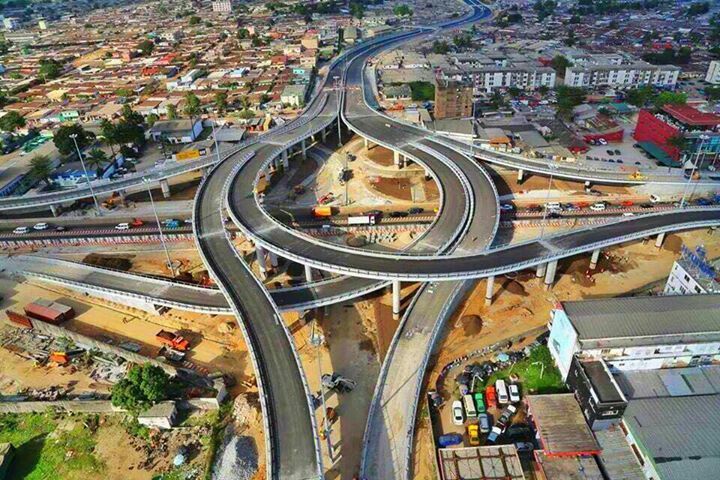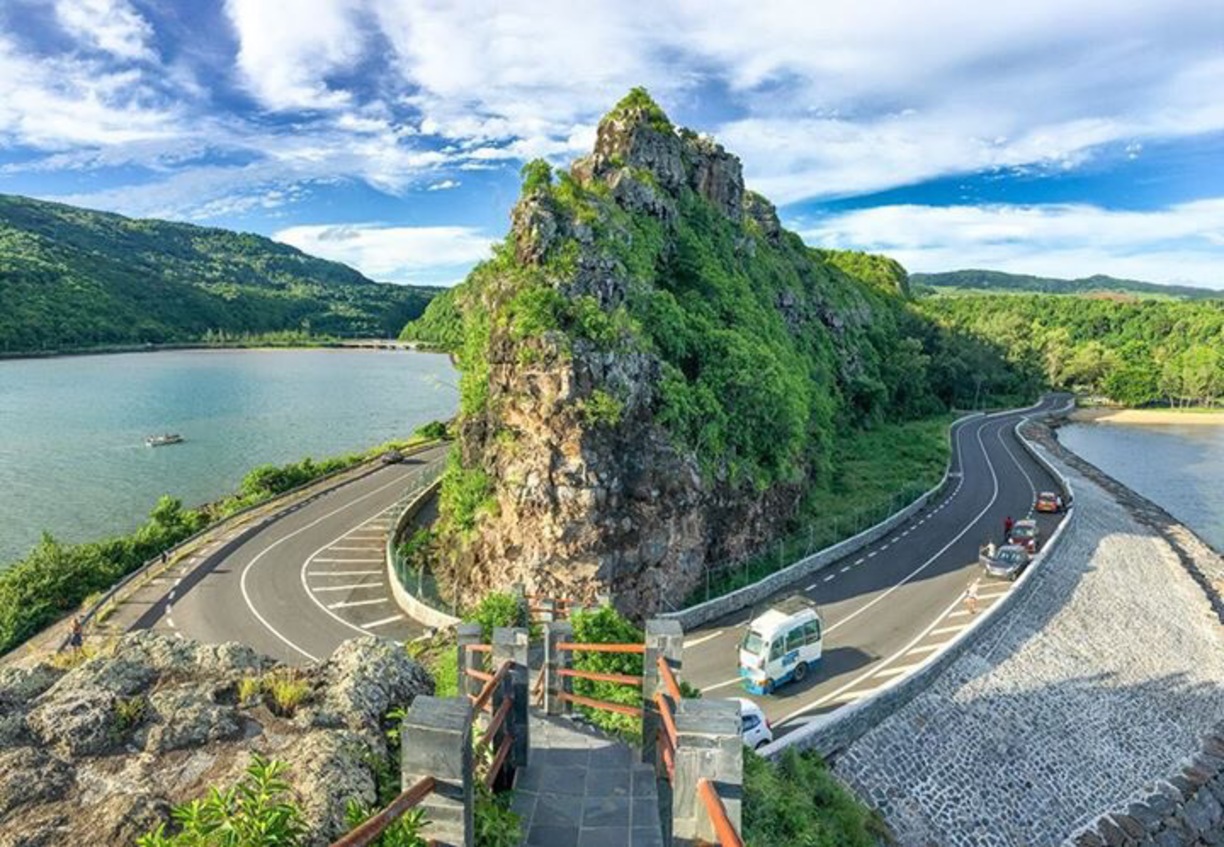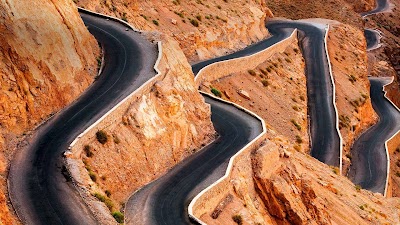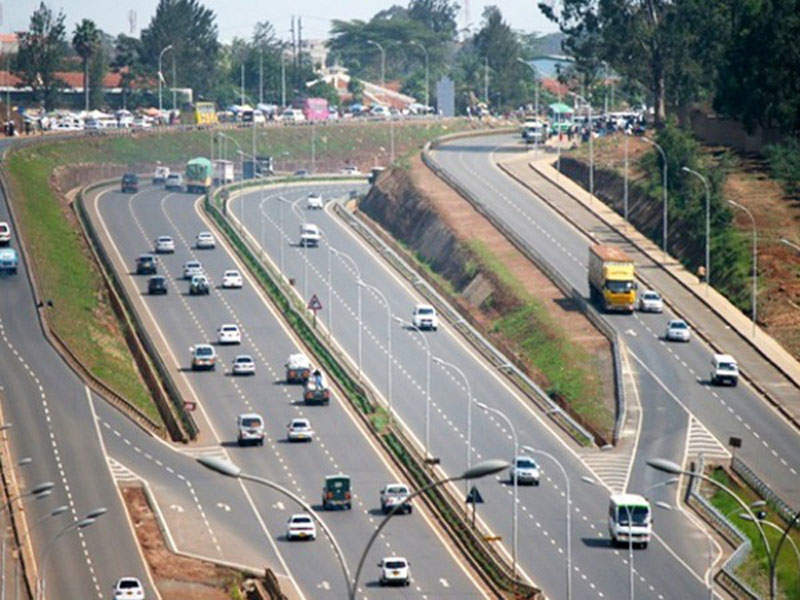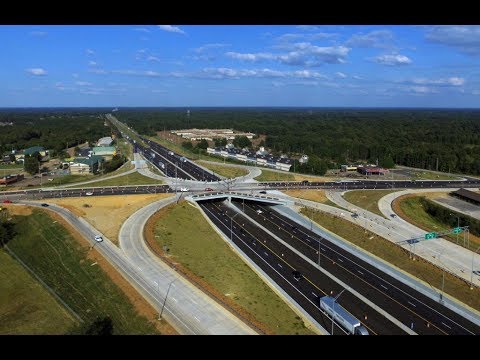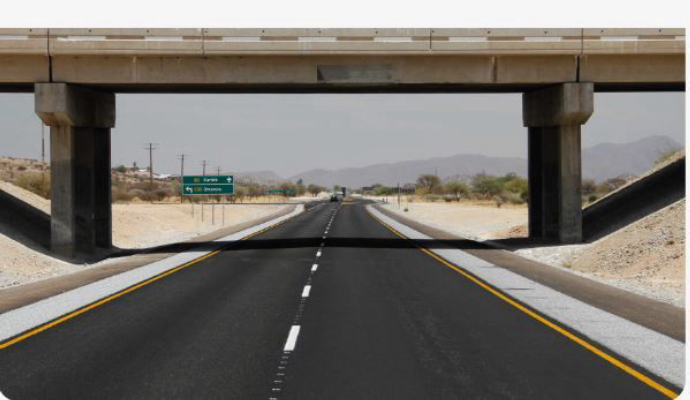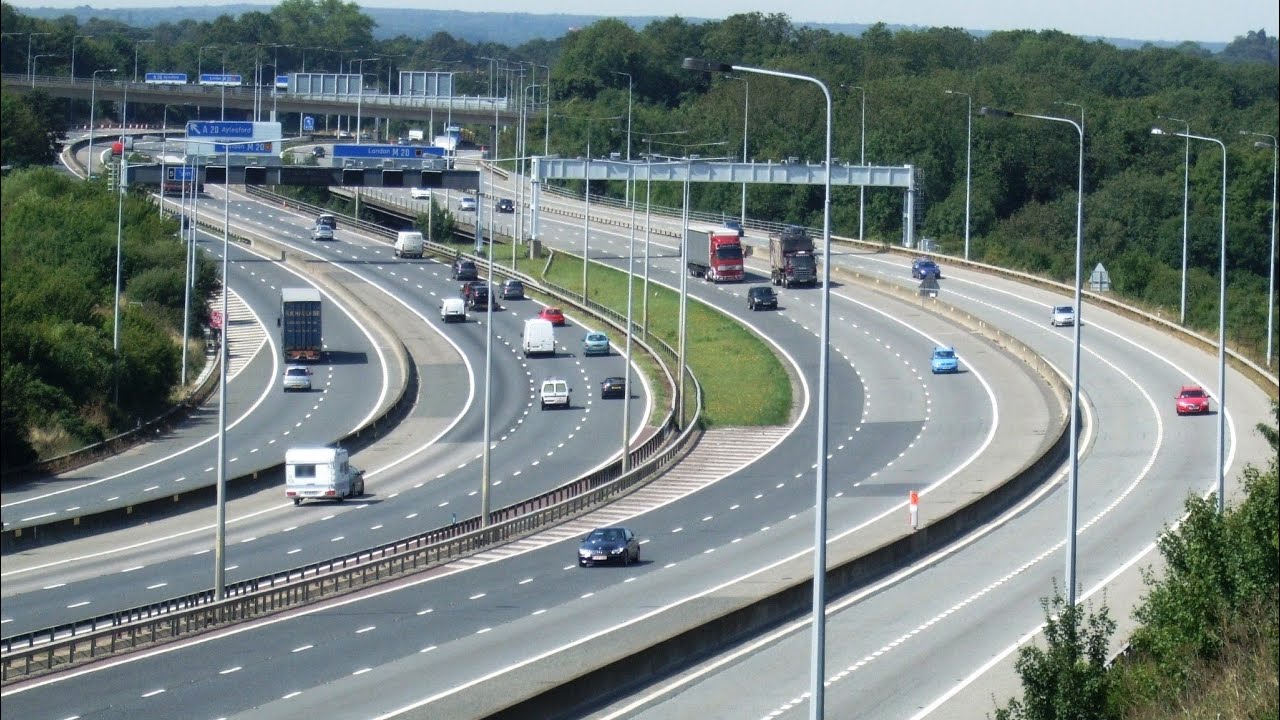African countries with best roads: Africa has, over the years, been a laughing stock when it comes to infrastructure development, economic performance, and social welfare. This is slowly becoming a norm of the past since many African countries have aggressively embarked on infrastructure development as a means to steer them to upper-middle-income countries and first-class countries respectively.
Namibia has been ranked as the country with the best quality of roads in Africa for a fifth consecutive time, according to the World Economic Forum’s Global Competitiveness Report Index on the quality of road infrastructure.
Namibia scored a ranking of 5.2 out of 7, beating South Africa and Rwanda, which both scored a ranking of 5.0. Namibia has an impressive global ranking at 23 – ranking above some of the advanced countries such as China, India, and Italy (they ranked at 42, 46, and 56 respectively).
The best ranking countries in the world are the United Arab Emirates, Singapore, and Switzerland which all had a ranking of 6.2.
Namibia’s Road Authority (RA), a state-owned entity, said that this favorable ranking can be attributed to two factors – the determined maintenance of existing road infrastructure and the construction of new road networks.
Governments of African countries with quality roads have much invested in them to contribute to sustainable development. If the roads are not good, access to essential services such as medical care or transportation of agricultural produce would be significantly affected.
It is, therefore, necessary to note that there cannot be fast growth without proper infrastructure and roads being key players.
The following are the countries that made it into the top ten list according to the Global Economy analysis.
Namibia (score 5.2) world ranking 23
Windhoek Fly over is Namibia’s best road. Tourists through Trip advisor have always compared the roads in Namibia to those in major cities in Europe and the United States. Namibia has some of the best roads in Africa. The Roads Authority (RA) has confirmed its continued recognition for having the best road infrastructure on the African continent.
This is according to the World Economic Forum’s (WEF) Quality of Road Infrastructure Report for 2019. Namibia’s road infrastructure quality remains the best in Africa, as the country scored 5.2 out of 7, outdoing South Africa and Rwanda, which both scored 5.0.
Namibia has been scooping the WEF’s African road quality award for the past five consecutive years. It has been ranked number 23 globally, surpassing economic giants such as China, India and Italy, which were ranked at 42, 46, and 56.
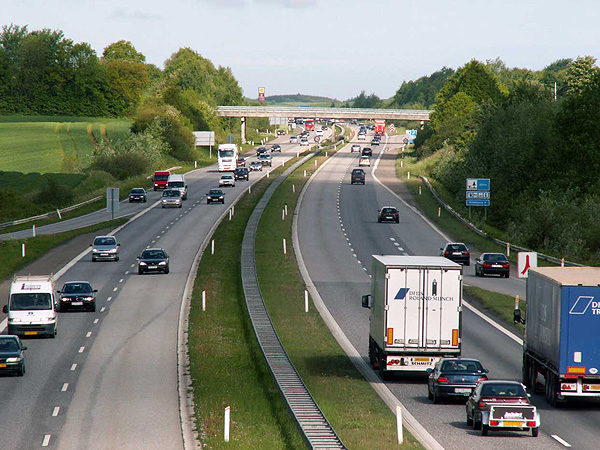
Namibia has no potholes on its roads and it cut across the country, even untarred roads are smooth. They don’t only have good roads but also side walkways, clean streets, quality beautiful buildings. The government has invested a lot in road infrastructure and they have a dedicated team of road managers. There is a strict performance management system that always seeks to achieve key performance indicators. One advantage of having good roads is that total transportation cost is reduced.
South Africa (score 5.0) world ranking 29
South Africa is the only country in the world that gives you a tip emerging market meeting first-class infrastructure. Here are the best roads in South Africa that make driving more fun. Even though most of them are in major cities like Johannesburg and Cape Town, the country generally has beautiful upcountry roads as well. The best roads in South Africa include Franschhoek Pass (R45), Outeniqua Pass (N9), Helshoogte Pass (R310), Long Tom Pass (R37), Sani Pass, The “22” (R53), Clarence Drive (R44) and Bains Kloof Pass (R301
Rwanda (score 5.0) world ranking 31
Rwanda has maintained to brand itself as the Singapore of Africa. The small landlocked country is slowly achieving its goal by heavily investing in infrastructure such as good roads, internet cabling and having one of the best airports on the continent
Cote d’Ivoire (score 4.7) world ranking 42
Ivory Coast road network spreads over 85 000 km consisting of 75 000 unpaved, 65 000 km, and 224 km highways. It provides national and international traffic to other countries. Ivory Coast invested remarkably in its transport system.
Transport Infrastructures are much more developed than they are other West African countries despite a crisis that restrained their maintenance and development. Since its independence in 1960, Ivory Coast put an emphasis on increasing and modernizing the transport network for human as well as for goods.
Major infrastructures of diverse nature were built including railways, roads, waterways, and airports. In spite of the crisis, neighbor countries (Burkina Faso, Mali, Niger, and Guinea) still strongly depend on the Ivorian transport network for importing, exporting, and transiting their immigrants to Ivory Coast.
Mauritius (score 4.7) world ranking 44
As of 2022, there are 2,852 kilometres (1,922 mi) of roads in Mauritius, of which 1,140 kilometres (710 mi) are main roads, 913 kilometres (567 mi) are secondary roads, 104 kilometres (65 mi) are motorways, and the remaining 615 kilometres (382 mi) are made up of other types of roads.
Morocco (score 4.4) world ranking 55
The first expressway in the country was the A1 Casablanca-Rabat. Construction of the first section started in 1975. Completion of this road between the economic and the administrative capitals took 13 years. Originally, the use of the road was free of charge.
The toll-road system was introduced as one measure to prevent lengthy construction times, as happened with this first road. Finding investors for new roads would be easier if these roads generated their own revenue to repay investors
The Kingdom of Morocco is planning investments of around €23 billion in road construction until 2035. The Moroccan government has announced that more than 5,500 kilometres of new highways and expressways are to be constructed with investment totalling €8.8 billion. This includes 700 km of 3×2 roads that will be constructed.
Also, 45,000 km of new rural roads will be created in rural areas and the modernization of 7,000 km of rural roads. It is part of the new plan of the Moroccan Ministry of Transport, which will invest 660 billion dirhams in the transport and logistics sector.
Kenya (score 4.2) world ranking 61
Kenya’s most popular road in the past decade has been the Thika Super Highway. This will be shadowed by the mega Nairobi expressway that gifts a rapid drift for motorists from Waiyaki way in Westlands to Jomo Kenyatta International Airport in just 15 minutes. Today, 162,000 kilometres of Kenya’s roads are documented, and the country is currently working on recording and updating the condition of the existing network.
The weakest currencies in the world. See list
Botswana (score 4.1) world ranking 6
Cape Verde (score 4.1) world ranking 66



